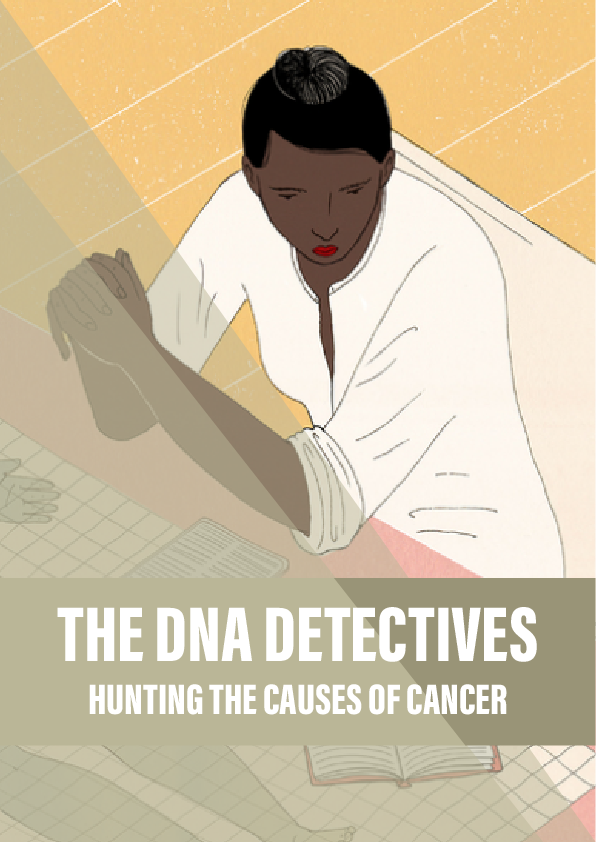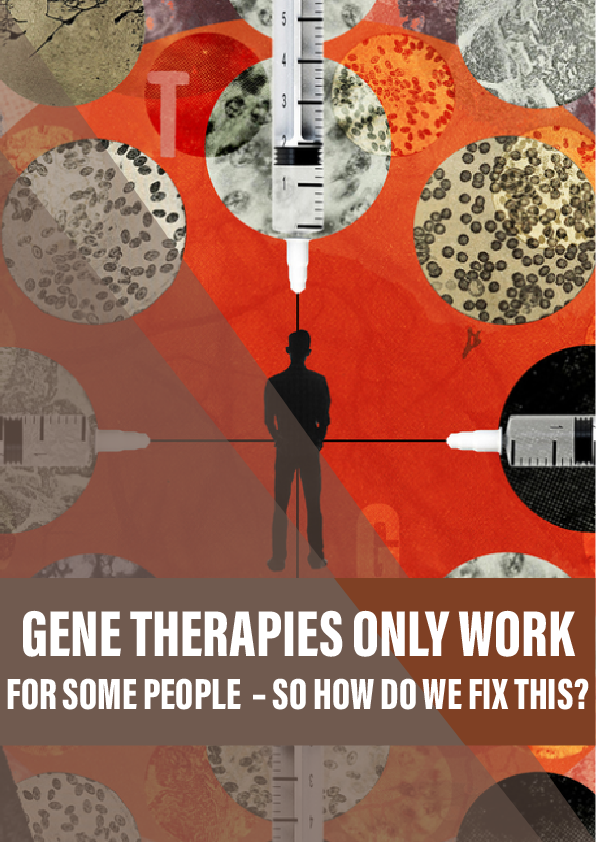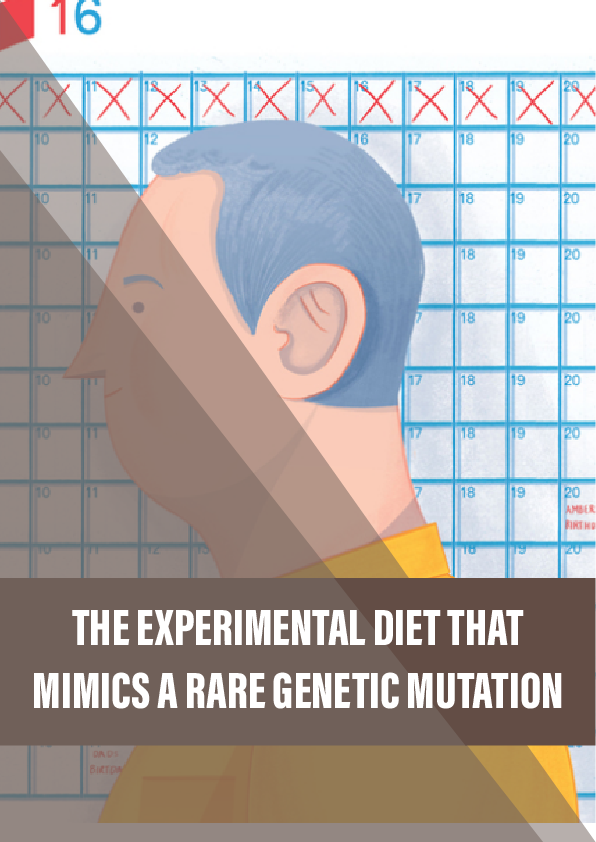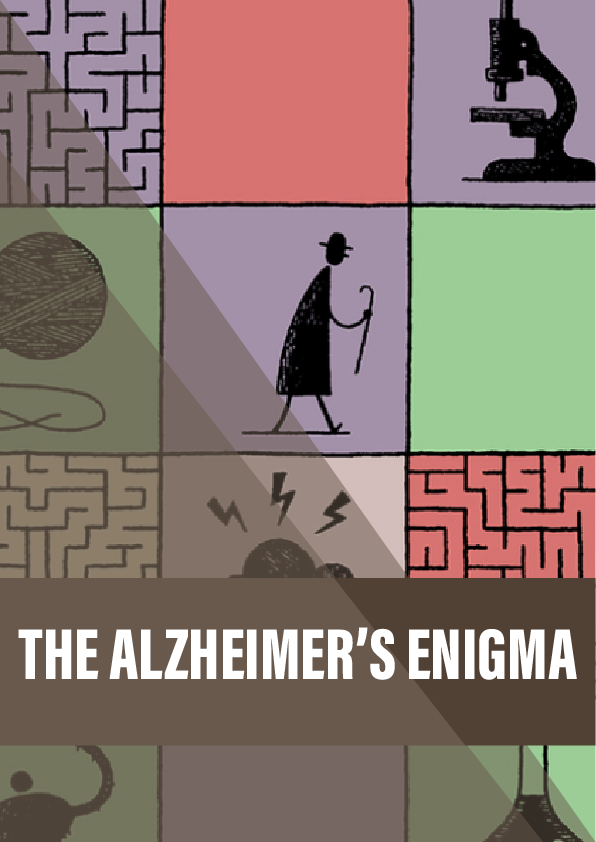Cancer rates vary wildly across the world, and we don’t know why. To solve this mystery, scientists are tracking down causes of cancer by the fingerprints they leave in the genome.
Halfway up a hill overlooking the Great Rift Valley in western Kenya are two graves. One of them is a few years old now, bristling with bushy shrubs stretching bright green leaves towards a cloudless sky. The other is a freshly dug bed of rough red dirt planted with a white wooden cross. They are the final resting places of Emily’s mother and father, who died within four years of each other.
Still a young woman, Emily now looks after her family’s rural homestead near Iten – a town famed for churning out long-distance runners and playing host to Mo Farah’s training camps. We reach it by driving through urban sprawl and out into the hills, passing a seemingly endless stream of impossibly fit athletes pounding the roadside paths.
Emily is busy cooking lunch when we arrive. Her kitchen is a small straw-capped mud hut built in the traditional style, similar to the other buildings that make up the homestead, with smoke pouring out of the door from an open fire and chickens scratching in the dirt nearby. It seems idyllic, but there’s a killer on the loose around here, and we’ve come to track it down.
That killer is squamous cell oesophageal carcinoma – one of the two main forms of oesophageal cancer, which starts from the cells lining the oesophagus. Cases started piling up more than 60 years ago in South Africa, when a doctor working in the Transkei territories noticed an unusually high number of people dying from the disease, which was almost unheard-of before the 1940s.
Reference:
- The Global Cancer Observatory (overseen by the World Health Organization) offers statistics on rates of cancer among different populations worldwide.
- An overview of the incidence and potential causes of oesophageal cancer worldwide. [PDF]
- The Mutographs of Cancer website.
- The 1991 study showing that different types of cancer cause different mutations in p53.
- Studies of the first whole cancer genome sequences: a melanoma from the skin and a lung tumour.
- The Sanger Institute’s catalogue of confirmed mutational signatures.
- ESCCAPE’s website.









